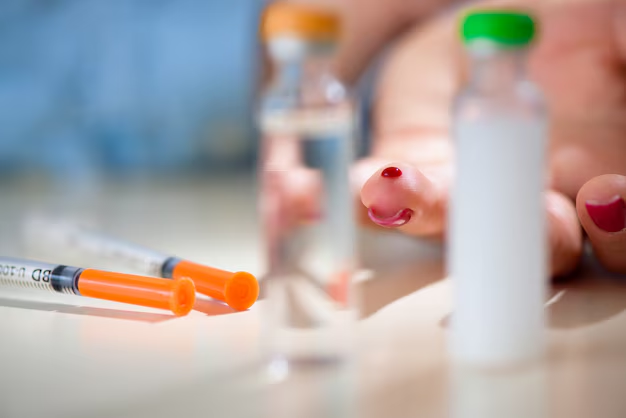How To Become A Phlebotomist In Florida
Embarking on a career as a phlebotomist in Florida offers a rewarding opportunity to play a crucial role in patient care. Although Florida doesn't mandate specific licenses for phlebotomists, pursuing formal education and obtaining certifications can significantly enhance job prospects. Generally, aspiring phlebotomists should complete a recognized training program, often available through community colleges or vocational schools, focusing on essential skills like proper blood collection techniques, safety protocols, and patient interaction.
While a degree isn't necessary, completing a certificate program demonstrates a commitment to the profession. Many employers prefer or even require national certification from organizations such as the American Society for Clinical Pathology (ASCP) or the National Phlebotomy Association (NPA). These credentials highlight your expertise and dedication, making it easier to stand out in a competitive field. Considering the growing demand for skilled healthcare professionals, investing in education and certification can be a strategic move for a thriving career in phlebotomy.
Quick Guide to Becoming a Phlebotomist in Florida:
- 📜 High School Diploma or GED: Basic educational requirement.
- 🎓 Phlebotomy Training Program: Offered by community colleges and vocational schools.
- 💼 National Certification: Optional but recommended for better job opportunities.
- ASCP (American Society for Clinical Pathology)
- NHA (National Healthcareer Association)
- NPA (National Phlebotomy Association)
- 🗂️ Continuing Education: Stay updated with the latest in medical procedures and technologies.
